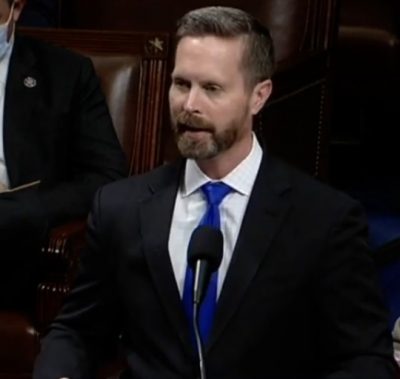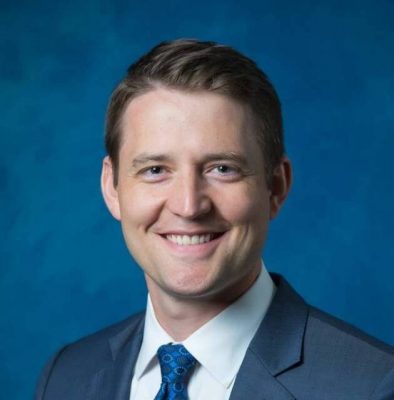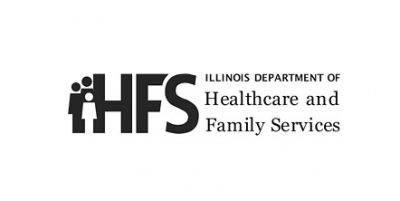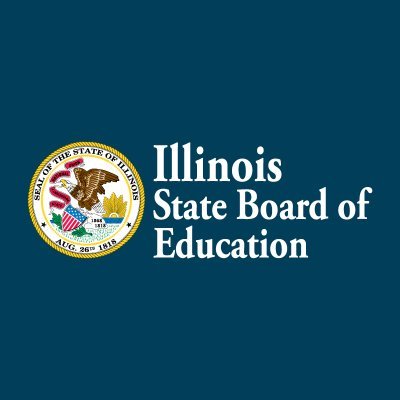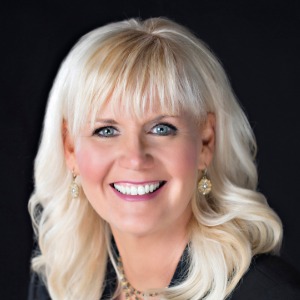The Illinois Farm Bureau is working hard to keep its members informed about the carbon capture pipeline called Heartland Greenway coming to Central Illinois in the next few years.
Preliminary designs show the Heartland Greenway pipeline entering Illinois near western Hancock County then traveling north and east through Adams, Brown, Christian, Fulton, Henry, Knox, McDonough, Morgan, Pike, Sangamon, Schuyler and Scott counties.
Director of Business and Regulatory Affairs for Illinois Farm Bureau Bill Bodine told RFD Illinois that Central Illinois has a special geological formation that makes it an ideal spot for the carbon capture technology: “It just so happens that in Central Illinois and East Central Illinois there is a geological formation called the Mount Simon Sandstone. It starts about 5,000 feet deep, and goes down from there. I’m not a geologist, but from the geologists we talked to, it is very well suited for this kind of activity for storage of carbon dioxide. So, you’ve got a well-suited formation deep in the ground that just happens to be here in Illinois, and it also happens to have shale formations above it that’s less deep that acts as sort of a cap, and they are impermeable in keeping the carbon dioxide there – for permanence there. It just so happens that we have this geologic formation in this state. It’s something that is targeted for this kind of activity, and in fact, it’s something that’s been done over the last decade in the Decatur area.”
Bodine says that landowners along the proposed easement should inform themselves and speak with legal counsel as to their rights. He says that Heartland Greenway will be hosting open house meetings in the next several months as a part of their regulatory permitting process that’s required by the Illinois Commerce Commission. Bodine says that the Illinois Farm Bureau will be hosting informational meetings as well: “We would obviously encourage landowners to work with attorneys to negotiate through this process so that they can have easement agreements that are protective and hopefully restore the property properly. The Illinois Farm Bureau is also going to be hosting a series of landowner meetings along the route of the pipeline to help educate and inform our members and provide them with resources and information about the regulatory process and easement negotiation process. Those meetings will being later on [this month], and if you are along that proposed route, reach out to your county farm bureau to register for those meetings. They will have information on additional dates and times.”
For landowners in Morgan County, call 217-245-6833 to find out when the informational meetings may be scheduled.



